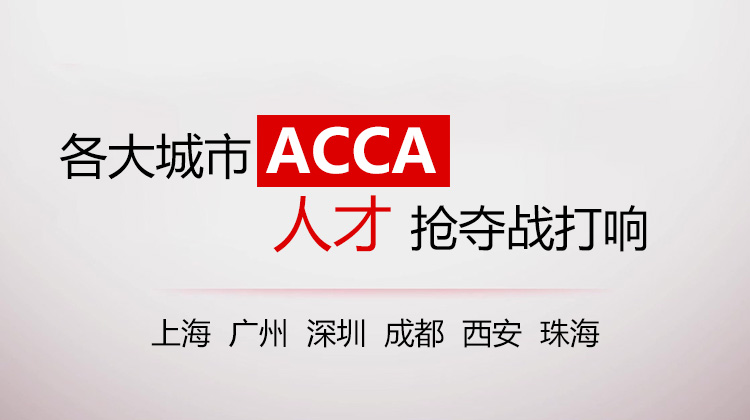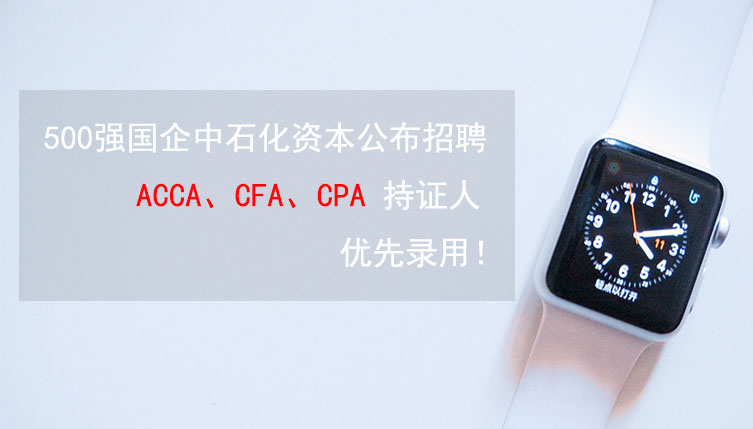ACCA考试一共13门考试,每一科考试都至关重要,同时也需要花费大量的时间和精力,今天高顿ACCA小编就来为大家讲解一下ACCA FM(财务管理)的考纲解析,一起来看看吧。
Taxation(UK)
考试题型
CBE机考为3小时(外加10分钟阅读考前说明的时间)
学习计划
FM课程是ACCA管理会计体系下的MA的后续课程,它详细介绍了三大财务管理决策的投资决策、融资决策、股利决策,以及一些风险管理的内容,FM的后续课程是职业模块中的AFM(高级财务管理)。
主要内容:
1.介绍企业财务管理部门的角色和目的;
2.介绍三大财务管理决策之一的投资决策,包括两个步骤–流动资金的运用与投资和长期投资的评价;
3.介绍三大财务管理决策之一的融资决策,考察了很多融资来源,包括股利政策和自身融资,还有资本成本和其他影响决策的因素;
4.介绍风险和管理风险的主要方法。
FM课程学习NPV,IRR等模型对项目进行决策,CAPM模型、WACC计算资本成本率,TheGrowth Model、计算公司价值,股利政策,财务数据分析等,The fisher formula和purchasing power parity and interest rate parity理解利率与汇率的关系,了解模型的前提假设,优缺点,并做出相应决策。FM不仅学习盈利企业的财务管理,也学习了非盈利企业的财务管理,以一个财务管理者的角度,进行资金管理,投资和筹资活动,使得股东利益******化,也考虑其他利益相关者。
在学习FM的时候,要对每个模型经行了解,明确适合的场景,运用到相应的环境中,做出决策或者判断。
MAIN CONTENT主要内容
A.Discuss the role andpurpose of the financial management function讨论财务管理职能的作用和目的
B.Assess and discussthe impact of the economic environment on financial management评估和讨论经济环境对财务管理的影响
C.Discuss and applyworking capital management techniques讨论和应用营运资本管理技术
D.Carry out effectiveinvestment appraisal进行有效的投资评估
E.Identify and evaluatealternative sources of business finance确定和评估公司的融资方式
F.Discuss and applyprinciples of business and asset valuations讨论和应用公司估值方法
G.Explain and applyrisk management techniques in business解释并应用风险管理技术
The syllabus大纲
A.Financial management function财务管理职能
1.The nature and purpose of financial management财务管理的性质和目的
2.Financial objectives and relationship withcorporate strategy财务目标与公司战略的关系
3.Stakeholders and impact on corporate objectives利益相关者和对公司目标的影响
4.Financial and other objectives in notfor-profitorganisations非营利性组织的财务和其他目标
B.Financial management environment财务管理环境
1.The economic environment for business商业的经济环境
2.The nature and role of financial markets and institutions金融市场和机构的性质和作用
3.The nature and role of money markets货币市场的性质和作用
C.Working capital management营运资本管理
1.The nature,elements and importance of workingcapital营运资本的性质、要素及重要性
2.Management of inventories,accounts receivable,accounts payable and cash存货、应收帐款、应付帐款和现金的管理
3.Determining working capital needs and fundingstrategies确定营运资本需求和融资策略
D.Investment appraisal投资评估
1.Investment appraisal techniques投资评估技术
2.Allowing for inflation and taxation in DCF考虑DCF中的通货膨胀和税收
3.Adjusting for risk and uncertainty in investmentappraisal调整投资评估的风险和不确定性
4.Specific investment decisions(lease or buy,assetreplacement,capital rationing)具体投资决策(租赁或购买、资产置换、资金限额)
E.Business finance企业融资
1.Sources of,and raising,business finance商业资金的来源和筹集
2.Estimating the cost of capital估算资金的成本
3.Sources of finance and their relative costs资金来源及其相关成本
4.Capital structure theories and practicalconsiderations资本结构理论与实践思考
5.Finance for small-and mediumsized entities(SMEs)中小企业融资
F.Business valuations企业估值
1.Nature and purpose of the valuation of business andfinancial assets企业和金融资产评估的性质和目的
2.Models for the valuation of shares股票估值模型
3.The valuation of debt and other financial assets债务及其他金融资产的估值
4.Efficient market hypothesis(EMH)and practicalconsiderations in the valuation of shares有效市场假说(EMH)和股票估值的实际考虑
G.Risk management风险管理
1.The nature and types of risk and approaches to riskmanagement风险的性质、类型和风险管理的方法
2.Causes of exchange rate differences and interestrate fluctuations汇率差异和利率波动的原因
3.Hedging techniques for foreign currency risk外汇风险对冲技术
4.Hedging techniques for interest rate risk利率风险对冲技术
Approach to examining the syllabus
The AppliedSkills module examinations contain a mix of objective and longer type questionswith a duration of 3 hours for 100 marks after an additional 10 minutes readingthe exam instructions.
Theexamination consists of:










